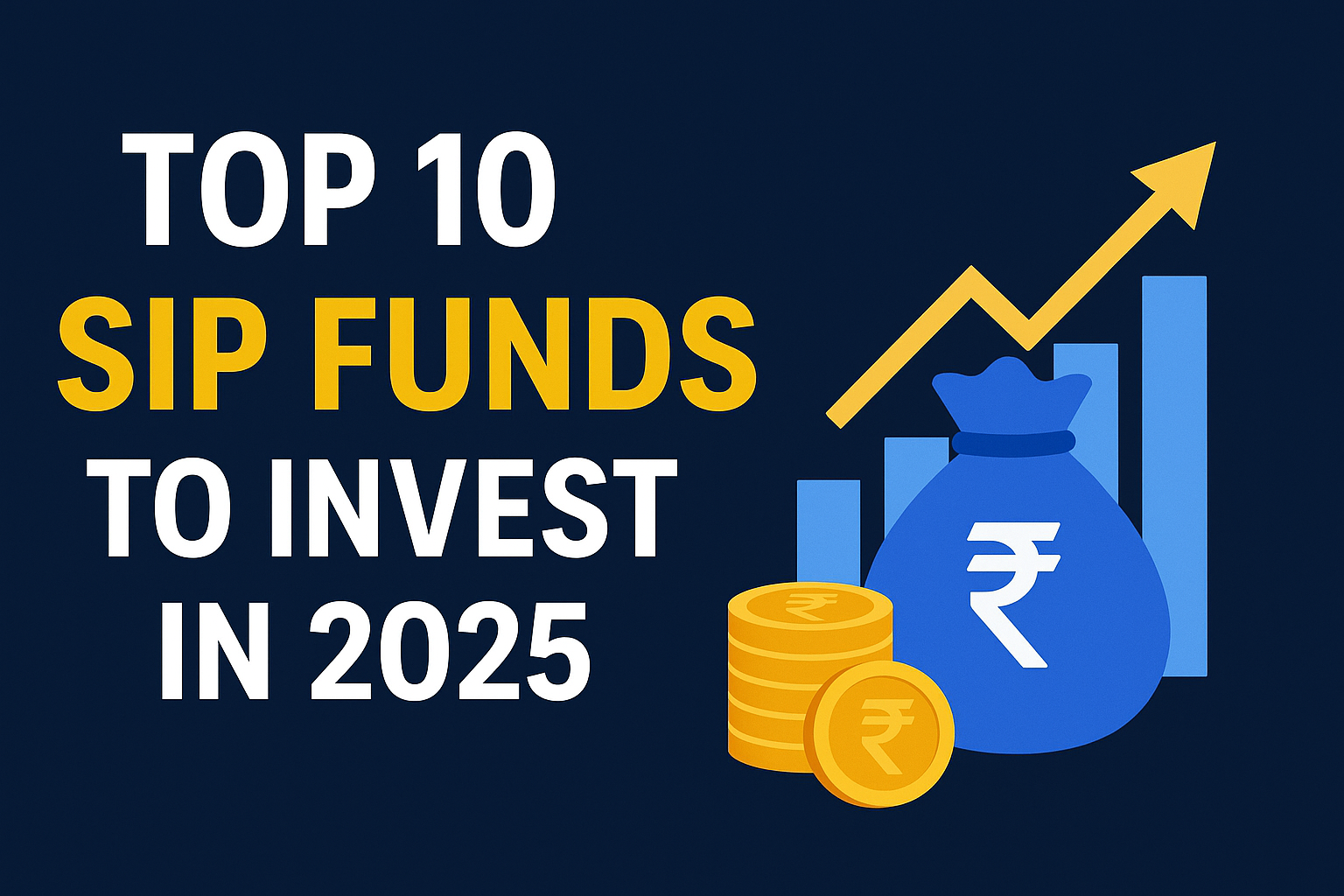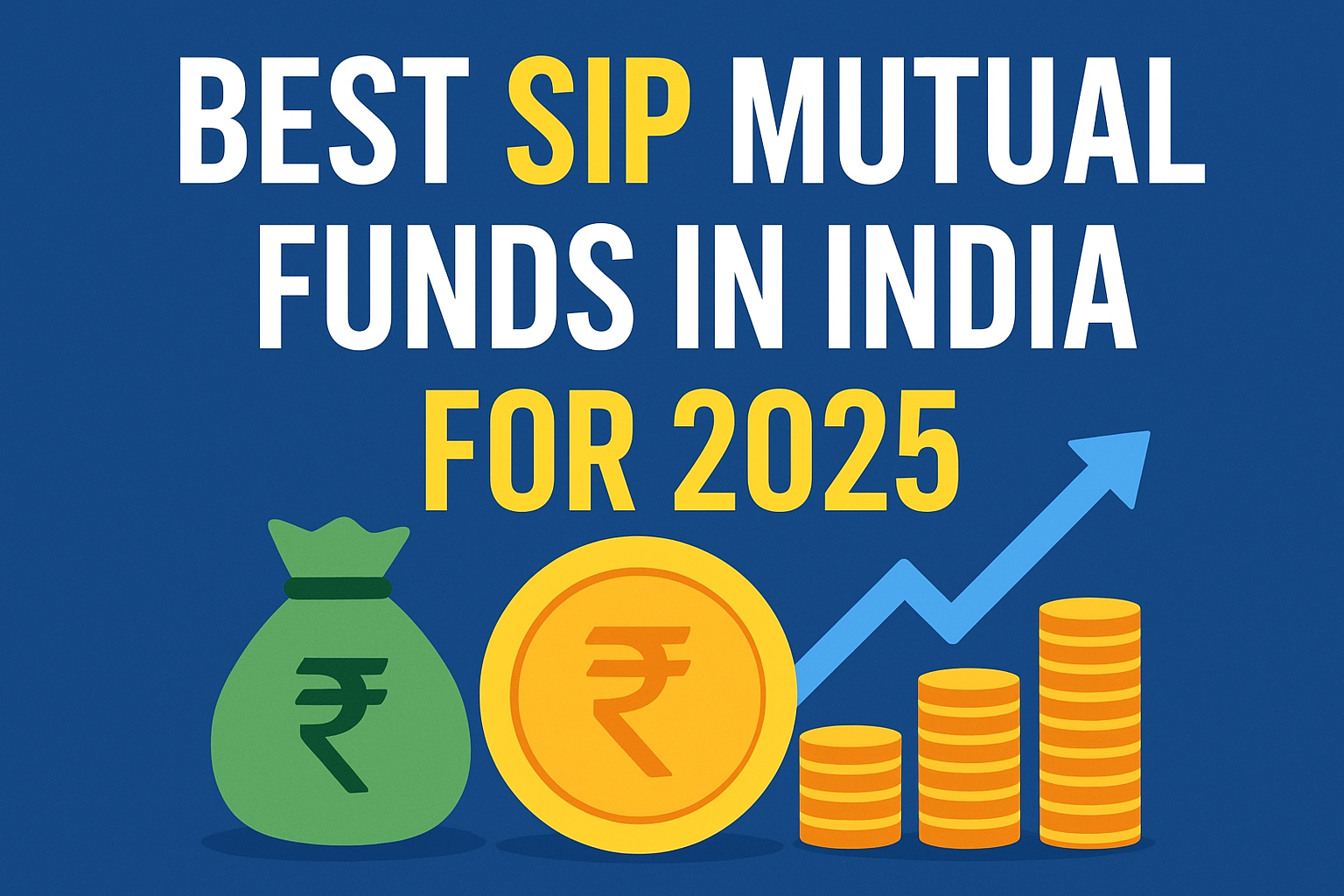Yes Bank has once again become the center of discussion among retail and institutional investors. After years of struggle, the bank has shown signs of recovery, with improving profits, stronger balance sheets, and global interest in its shares. But the big question remains—is now the right time to invest in Yes Bank?
Financial Performance and Recovery
Yes Bank’s turnaround story is backed by significant improvements in its financials. In the last financial year, the bank reported a net profit of over ₹2,400 crore, almost double compared to the previous year. Even in the last quarter, profits crossed ₹700 crore, reflecting strong operational performance.
The bank’s asset quality has also improved. Gross Non-Performing Assets (GNPA) are now down to nearly 1.6%, while Net NPA stands at just 0.3%. With a Provision Coverage Ratio (PCR) of nearly 80%, the bank is better equipped to handle stressed assets.
Yes Bank has also been investing heavily in digital banking, mobile platforms, and SME-focused products, aiming to compete with larger private-sector players.
Positive Indicators for Investors
- Strong Profit Growth – Rapid improvement in earnings shows that the restructuring efforts are paying off.
- Better Asset Quality – Lower NPAs indicate healthier lending practices and financial discipline.
- Global Backing – The recent approval for Sumitomo Mitsui Banking Corporation (SMBC) to acquire 24.99% stake adds global credibility and financial strength.
- Attractive Valuation – The stock trades at a modest Price-to-Book (P/B) ratio of around 1x, far below industry leaders like HDFC Bank and ICICI Bank, making it undervalued compared to peers.
- Positive Market Sentiment – Credit rating upgrades and regulatory confidence in management strengthen investor trust.
Caution Before Investing
While the outlook is improving, there are certain risks investors must keep in mind:
Lagging Behind Peers – Yes Bank’s Return on Equity (ROE) and Net Interest Margin (NIM) are still weaker than top private banks.
Volatile Stock Movement – The share has seen sharp ups and downs, sometimes losing more than 20% in a year before bouncing back.
Execution Risks – Long-term growth depends on strong governance, efficient digital adoption, and ability to compete in a tough banking environment.
Not a Deep Discount – At a Price-to-Earnings ratio above 25, the stock is fairly valued and not a high-margin bargain.
Short-Term vs. Long-Term Outlook
Short-Term Traders – The stock can be volatile, with strong chances of profit booking and sharp corrections. Risk is high for short-term gains.
Long-Term Investors – For those willing to hold for 2–5 years, the bank’s improving fundamentals and global backing make it a strong turnaround candidate.
Conservative Investors – If you prefer safety, consistent growth, and less volatility, larger banks like HDFC, ICICI, or Kotak Mahindra may be better options.
Expert View: Should You Buy Yes Bank Now?
Yes Bank is not without risks, but it also offers significant upside potential. With foreign investment, improved profits, and lower NPAs, the foundation looks stronger than ever. Analysts expect long-term targets of ₹28–₹32 per share, with some even projecting ₹35+ if the bank continues its momentum.
For investors who can handle some volatility, a small allocation to Yes Bank shares can add growth potential to a diversified portfolio. However, it should not replace stable banking stocks in your core holdings.
Conclusion
Yes Bank has come a long way from its crisis years. With profits growing, NPAs under control, and foreign investment on the way, the bank is showing strong signs of revival. For long-term investors, Yes Bank can be a good investment opportunity. But for those seeking safe and steady returns, caution is advised as the stock is still volatile.
In simple words, Yes Bank shares are a high-risk, high-reward play—ideal for patient investors with a long-term horizon.






